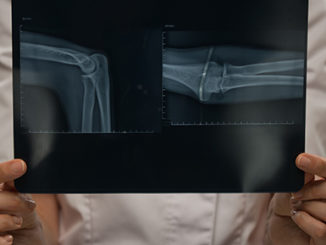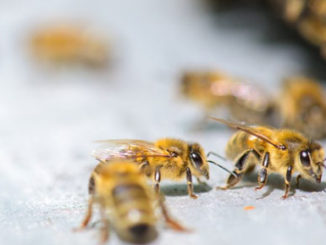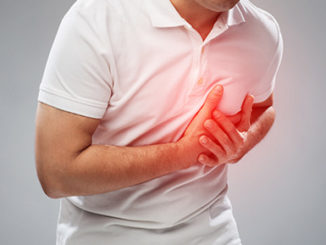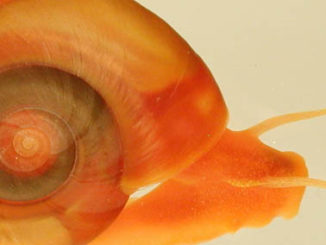Fluoride’s Epigenetic Effect on Bone Development
When it comes to dental health, fluoride is considered a champion against tooth decay. It’s in just about every brand of toothpaste, even added to our drinking water here in the US. But fluoride is a chemical and too much of it can be toxic. Excessive exposure to fluoride has been shown to cause adverse health effects, many of which cannot be corrected. While several studies have examined chronic fluoride exposure and its link to certain conditions, little is known [more…]











